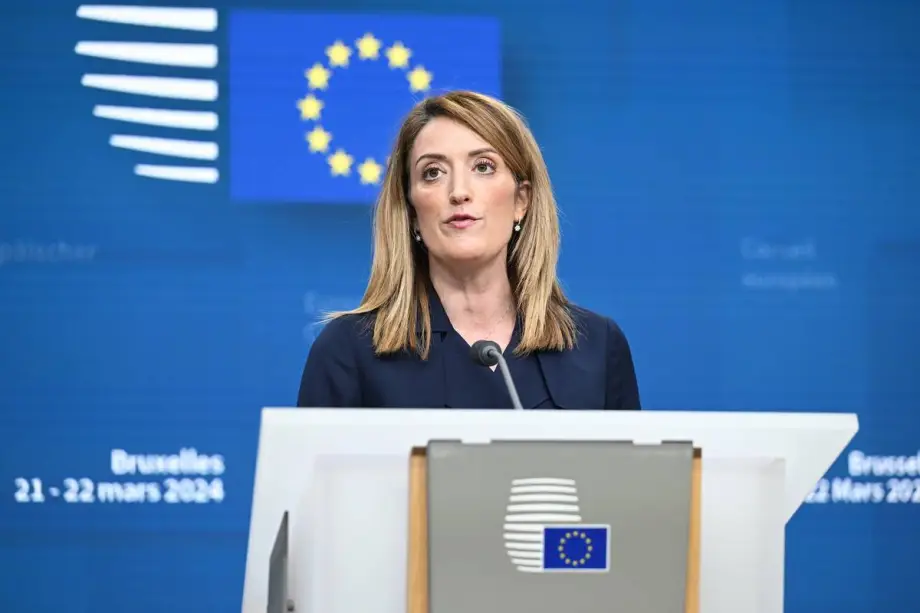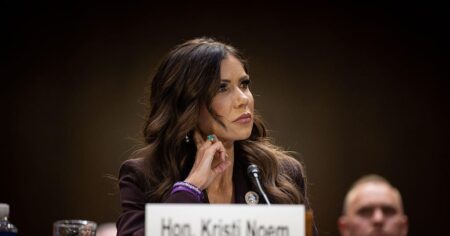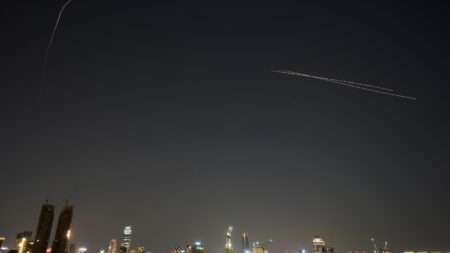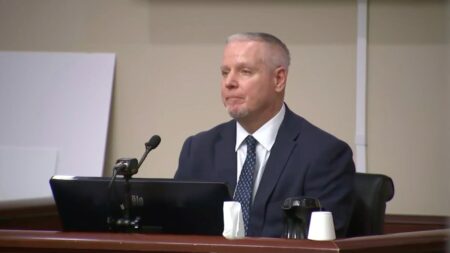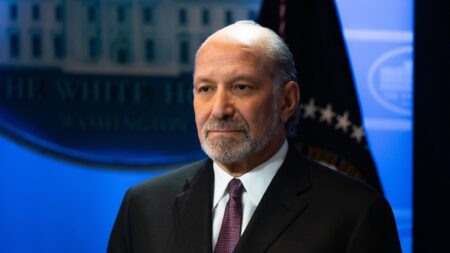European Parliament President Roberta Metsola has called for urgent humanitarian access to Gaza. She described the conditions there as catastrophic and urged for immediate action to stop the violence and provide aid to those suffering. Metsola stressed the need for a permanent ceasefire and highlighted the severe humanitarian crisis affecting millions of people in the region.
Speaking at a press conference in Brussels on June 3, 2025, Metsola emphasized that children, women, and men are dying every day due to the ongoing conflict and lack of access to necessary humanitarian help. She reminded that the European Union is the largest contributor of humanitarian aid in the region and must ensure this aid reaches those most in need.
More than two million people live in Gaza, where shortages of food, water, and medical supplies have reached critical levels. Aid groups have warned that famine is a real threat if immediate assistance is not allowed in. The blockade and military actions have worsened the living conditions for the local population significantly.
Since the conflict escalated in October 2023, over 54,000 Palestinians have lost their lives, most of whom are civilians, including many women and children. The United Nations has repeatedly called for safe access routes to deliver aid and evacuate the wounded.
The European Parliament remains firm on the call for a lasting ceasefire, the release of all captives, and progress toward a two-state solution to the Israeli-Palestinian conflict. The EU will also address concerns over violations of international law, including indiscriminate attacks on civilian areas, through its ongoing review of the association agreement with Israel.
Danish Prime Minister Mette Frederiksen joined Metsola in highlighting the urgency of allowing aid into Gaza. She stressed that ceasefire is needed to protect civilians and humanitarian workers. The release of hostages is seen as an important step toward easing tensions.
Israel has rejected calls for a ceasefire and continues its military campaign in Gaza, stating that the operations target militants responsible for attacks on Israeli civilians. Despite this, the conflict has caused widespread destruction, and hospitals, water systems, and power supplies are under severe strain. Without a ceasefire and humanitarian access, the crisis is expected to worsen.
International organizations such as the Red Cross and Doctors Without Borders report critical shortages of medical supplies and call for safe zones to treat the injured. World leaders, including those in the United States and Europe, have expressed support for Israel’s security concerns while urging stronger protections for civilians.
Experts agree that lasting peace in the region will require renewed diplomatic efforts and a commitment to dialogue. The European Union’s position plays a key role in pushing for a peaceful resolution to the conflict.





